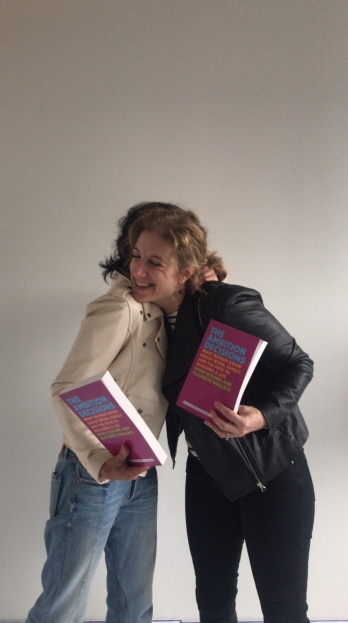If we weren’t in the middle of a crisis I would write my own witty copy for this, but between trying to help with the pandemic response in different ways, pointing out where and why the response isn’t working, and living through the pandemic, there is no longer enough time in my days for witty copy. The short version is that I was on a podcast talking about the latest piece I wrote for Fast Company.
“The public sector is scrambling to address the massive public health and economic crisis driven by the COVID-19 pandemic. As policymakers and bureaucrats at all levels of government have sought to ameliorate harm and spur an effective response, the performance of many government programs and systems—in terms of meeting demand for fast changes, increased use, and more flexible operations—has been rocky at best. New legislation designed to provide trillions of dollars in relief has met, at least initially, with several challenges that may be reducing the speed and effectiveness of intended aid. Hana Schank joins to discuss why the rollout of relief has been a challenge, the roots of the public sector’s struggle to deliver aid more effectively, and what Congress and other policymakers can do to improve future performance.”
https://www.conference-board.org/Blog/podcasts/Challenges_Delivering_Public_Aid_COVID-19
